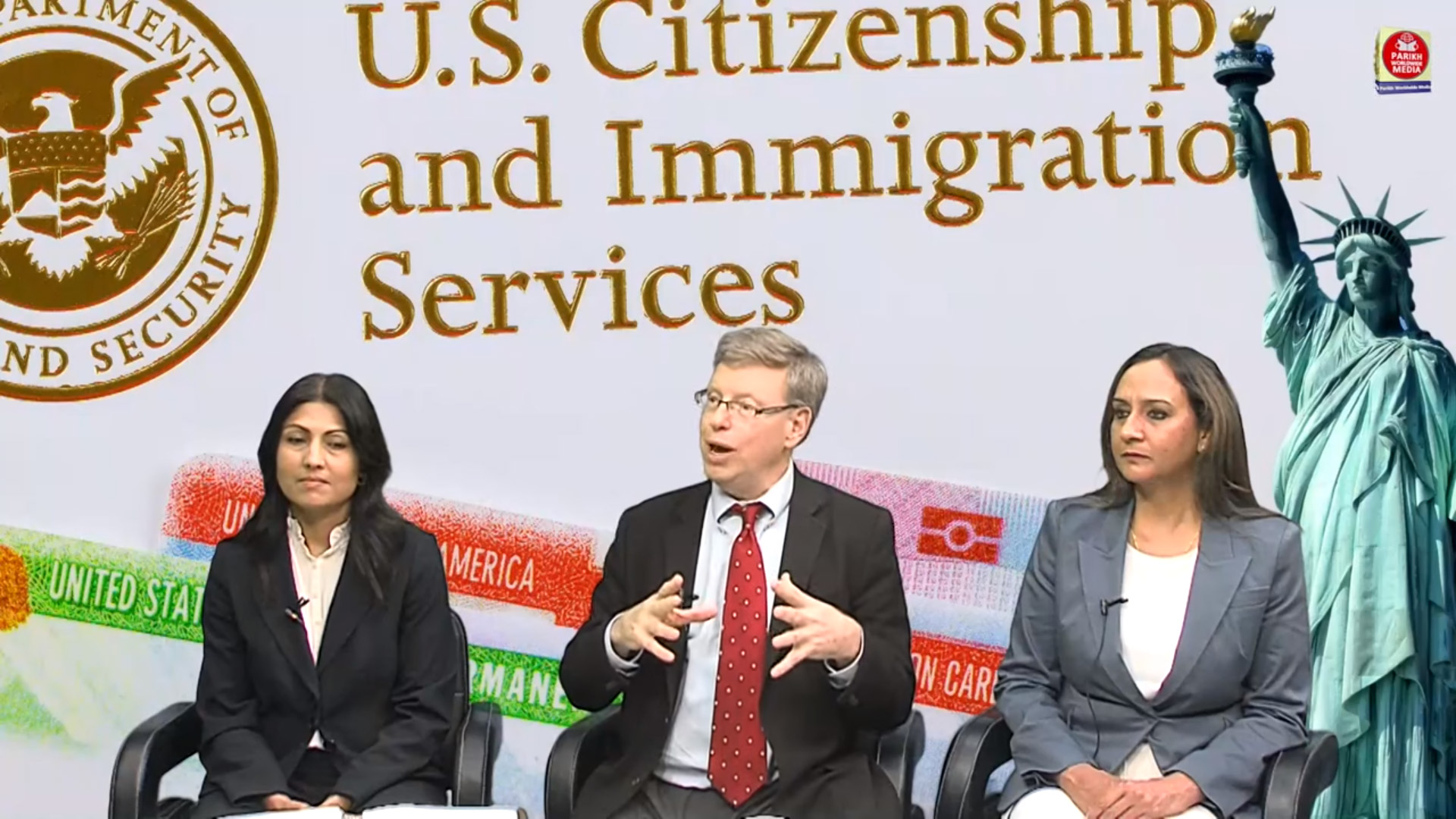
July 21, 2025|Losing a job in the United States is always difficult, but for foreign nationals on H-1B or L-1 work visas, it can be especially unsettling. With legal status tied directly to employment, job loss can trigger a race against time to secure a new position or change immigration status before falling out of lawful presence. Legal experts urge visa holders to act quickly and strategically during this period.
Under U.S. immigration regulations, individuals on H-1B or L-1 visas are typically granted a 60-day grace period after the end of their employment. This window begins the day after the final working day, not the last date on the payroll or severance package. During these 60 days, affected workers may seek new employment and have a new employer submit a visa transfer petition, or they can file for a change of immigration status. However, remaining on paid leave or severance does not count as maintaining valid visa status, a fact that often catches people off guard.
Attorneys recommend taking concrete steps no later than day 45 of the grace period. This is because transferring an H-1B to a new employer requires a certified Labor Condition Application (LCA) from the Department of Labor, which can take up to a week. Starting the process late increases the risk of overstaying the grace period. If a new job offer has not materialized by then, individuals are advised to apply to change to a temporary status—such as a B-2 visitor visa—before the deadline passes to avoid falling out of status.
In some cases, visa holders may be eligible for entirely different categories. Those with significant financial resources might consider the EB-5 investor visa, which allows applicants to gain permanent residency by investing at least $800,000 in a qualifying U.S. project. The program also offers the possibility of filing for concurrent adjustment of status, which permits the individual to live and work in the U.S. while the green card application is pending. For others, enrolling in school and switching to an F-1 student visa may be an option, but this path carries its own risks. Immigration attorneys caution against institutions offering so-called “Day One CPT” programs, which are under increasing scrutiny and can pose risks for future visa or green card applications. Only enrollment in reputable, accredited institutions is considered safe.
Another potential avenue is switching to a dependent status. If a visa holder’s spouse maintains valid H-1B or L-1 status, they may be able to apply for an H-4 or L-2 visa, respectively. This change can offer more time in the United States to seek employment or plan next steps, though a return to the workforce later will likely require a new petition and, in some cases, consular processing outside the U.S.
The situation is even more limited for L-1 visa holders. Because the L-1 is company- and position-specific, workers generally cannot switch employers unless the new company is a qualifying affiliate and a fresh petition is filed. If no such internal transfer is possible, the individual must either change to a different nonimmigrant status or leave the country before the grace period ends.
Those undergoing the green card process through their employer—particularly those in the PERM labor certification phase—may also find their application jeopardized by a job loss. Unless a new employer is willing to begin the process anew, the green card effort cannot typically proceed. For workers nearing the end of their sixth year in H-1B status, and who are waiting on green card-related milestones, early legal intervention is critical to explore backup strategies.
While job loss can feel like a sudden dead end for foreign workers, immigration attorneys emphasize that there are still viable pathways forward—if action is taken quickly. Understanding the grace period, exploring alternative visa options, and consulting with legal professionals can make all the difference in preserving the opportunity to live and work in the United States.
The NPZ Law Group, which specializes in immigration and nationality law, advises foreign workers to seek legal counsel immediately after a job loss to map out tailored options. For more information, individuals are encouraged to contact NPZ Law Group via email at info@visaserve.com or by calling +1 (201) 670-0006 extension 104. Further resources and guidance are also available on their website, www.visaserve.com.


